End welfare as we know it
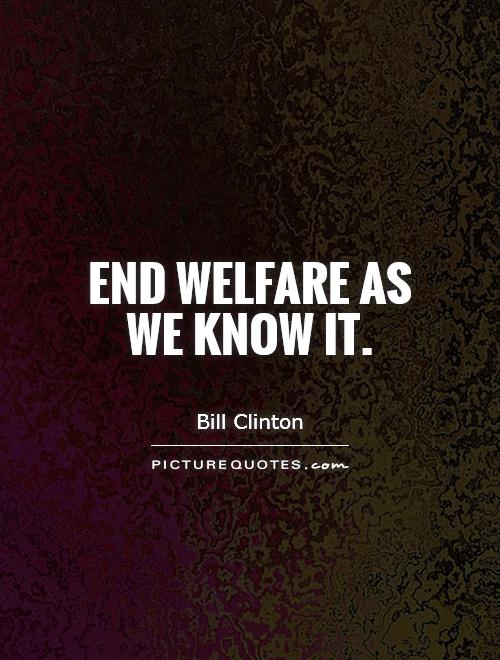
End welfare as we know it
During his presidency, Bill Clinton famously declared that he wanted to "end welfare as we know it." This statement marked a significant shift in the way the United States approached social welfare programs, particularly those aimed at providing assistance to low-income individuals and families.The welfare system in the United States had long been a contentious issue, with critics arguing that it created a culture of dependency and discouraged individuals from seeking employment. Clinton's goal was to reform the system in a way that would encourage self-sufficiency and reduce government spending on welfare programs.
In 1996, Clinton signed into law the Personal Responsibility and Work Opportunity Reconciliation Act, which is often referred to as the Welfare Reform Act. This legislation fundamentally changed the way welfare programs were administered in the United States. It imposed time limits on how long individuals could receive benefits, required recipients to work or participate in job training programs, and gave states more flexibility in how they administered welfare programs.
The Welfare Reform Act was controversial at the time, with critics arguing that it would push vulnerable individuals and families deeper into poverty. However, supporters of the legislation argued that it would encourage self-sufficiency and reduce government spending on welfare programs.
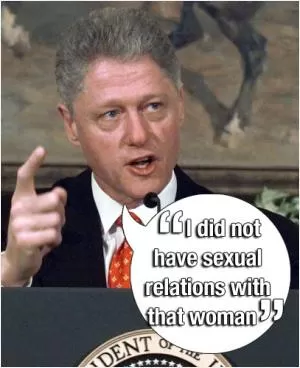

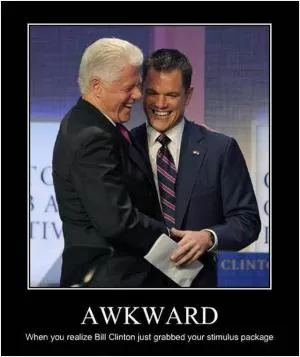


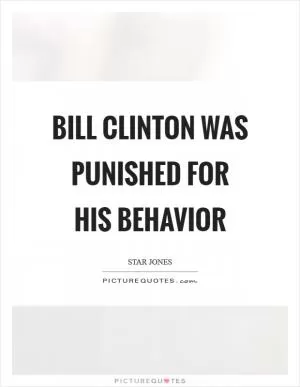
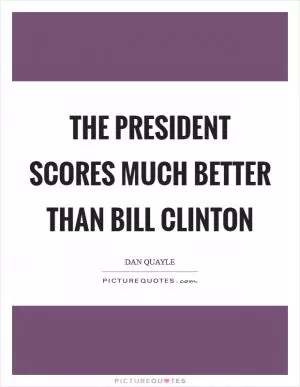

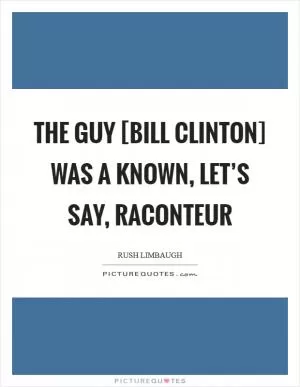
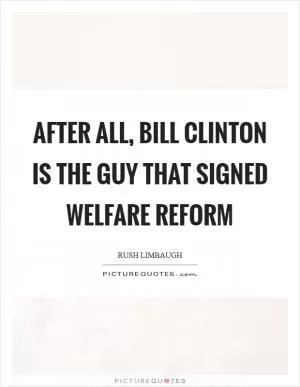
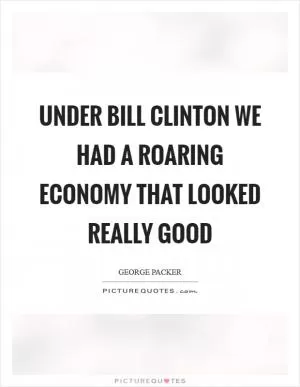

 Friendship Quotes
Friendship Quotes Love Quotes
Love Quotes Life Quotes
Life Quotes Funny Quotes
Funny Quotes Motivational Quotes
Motivational Quotes Inspirational Quotes
Inspirational Quotes